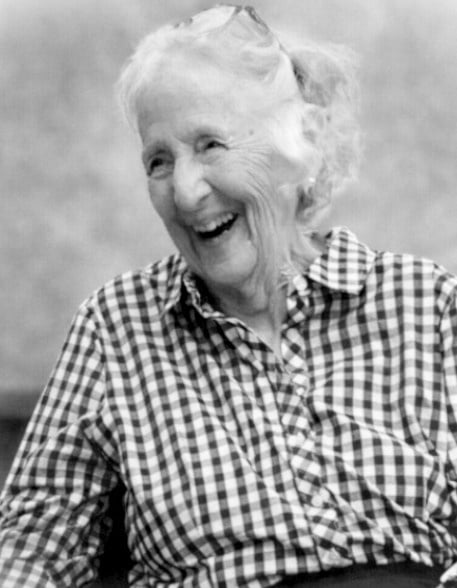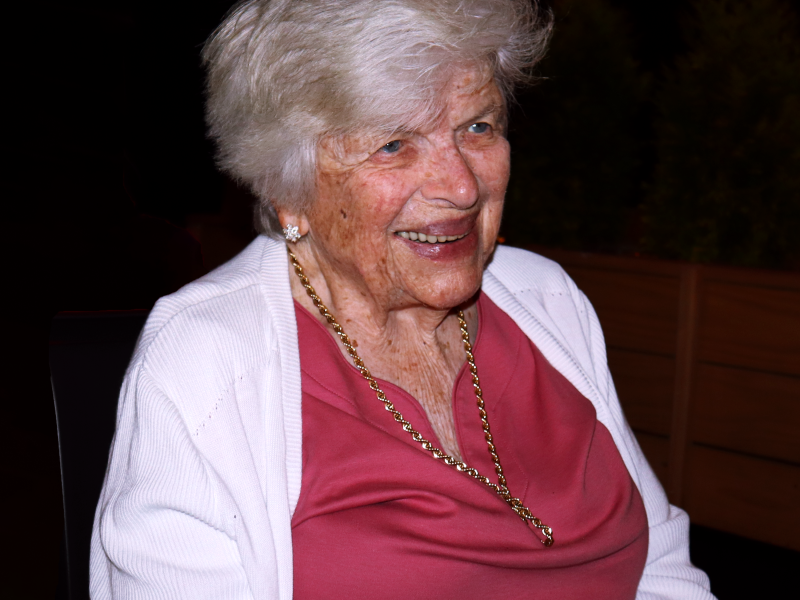Letter to the Editor: Author of Letter Requesting Removal of Book From Old Lyme Library’s Teen/Tween Room Asks for ‘Thoughtful, Deliberate Discussion’
To the Editor:
Sadly, some have been whipped into a frenzy applying phrases such as book bans, anti-LGBTQ, and even….fascist. An enlightened community should encourage thoughtful and deliberate discussion.
Movies have a rating system: G, PG, PG-13, R, NC-17 (adult). No one is “banning” movies. These ratings exist to protect children and inform adults. If you drop your 11-year-old at the movies expecting them to see Finding Nemo and they instead watch Fifty Shades of Grey – you would be understandably concerned.
I authored this letter to the library as we believe some of the content in the Teen/Tween (11+) room contains adult content and is thus not age appropriate for this space.
The library has a process for our request and we look forward to their thoughtful deliberation and outcome. Let’s respectfully allow the library board to do their work!
Sincerely,
Steve Spooner,
Old Lyme.



